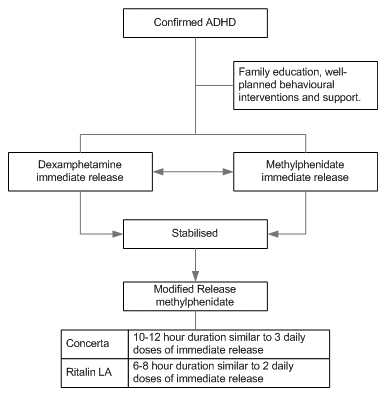Adhd Medication Side Effects Non Stimulant Adhd

The start of a new school year, and with it the return to a regimented daily structure, can highlight problems such as attention deficit hyperactivity disorder, or ADHD. Many parents are concerned that their child may have the disorder, marked by persistent inattention, hyperactive or impulsive behavior, or both. Those whose kids are diagnosed with ADHD want to make sure they get the best treatment. But as the number of children on medication for ADHD climbs, some experts worry that the disorder is being overdiagnosed and overtreated. To help sort out the complex issue, Berkeley Wellness turned to Stephen Hinshaw, PhD , a professor of psychology at UC Berkeley and co-author (with Richard Scheffler) of The ADHD Explosion: Myths, Medications, Money, and Today's Push for Performance (Oxford, 2014).
ADHD is very often a chronic condition. According to the American Academy of Child and Adolescent Psychiatry, about 30 - 65 percent of children with ADHD continue to experience symptoms through adolescence and into adulthood. ADHD can cause many problems in adulthood including impaired physical and mental health, poor work performance, and financial stress.
Full implementation of the action statements described in this guideline and the process-of-care algorithm might require changes in office procedures and/or preparatory efforts to identify community resources. The section titled Preparing the Practice in the process-of-care algorithm and further information can be found in the supplement to the Task Force on Mental Health report. 7 It is important to document all aspects of the diagnostic and treatment procedures in the patients' records. Use of rating scales for the diagnosis of ADHD and assessment for comorbid conditions and as a method for monitoring treatment as described in the process algorithm (see Supplemental Fig 2), as well as information provided to parents such as management plans, can help facilitate a clinician's accurate documentation of his or her process.











